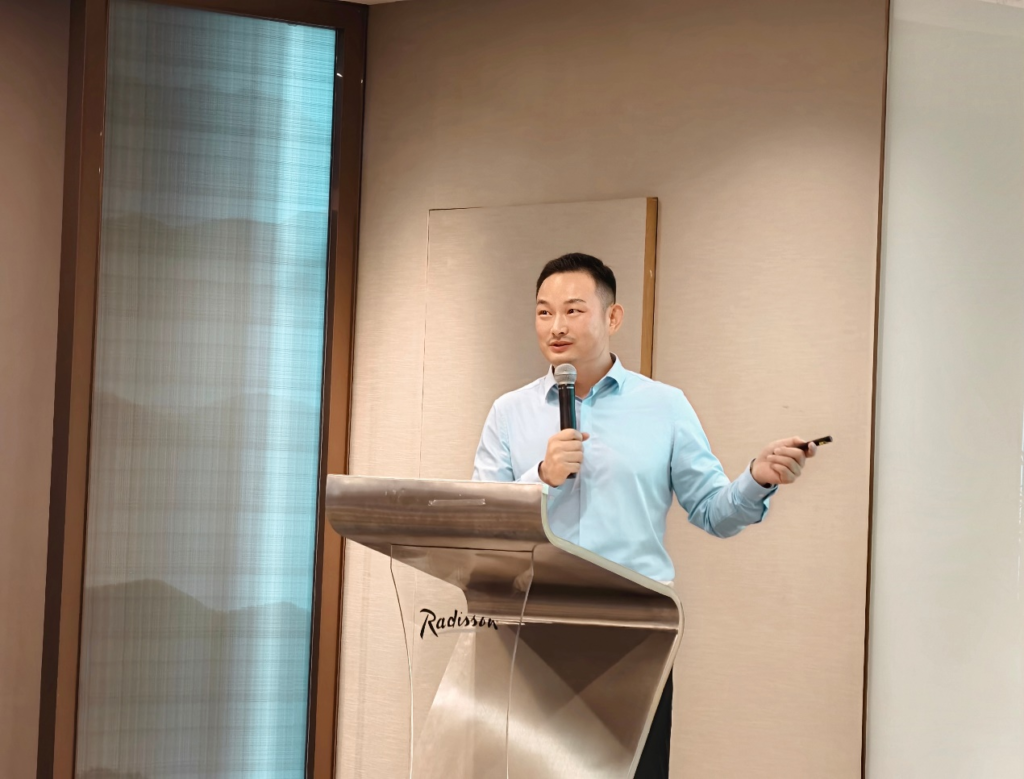On September 23, 2025, the 12th “Breakthrough Growth” Foreign Trade Summit, officially hosted by Alibaba International Station, concluded successfully at the Zhenghe Hall on the first floor of the New World Suzhou Hotel. This summit focused on the pain points of corporate transformation amid new foreign trade dynamics, drawing over 200 business leaders from Suzhou, Zhangjiagang, Kunshan, Wujiang, and other areas within the Suzhou metropolitan region. Mr. Yang Yuanjia, Chairman of SEPPES Door Industry (Suzhou) Co., Ltd. and Suzhou SEPPES Holding Group Co., Ltd., served as an invited speaker and Alibaba International Station’s contracted lecturer. He delivered a presentation on brand globalization, dissecting foreign trade growth challenges with practical insights that earned enthusiastic applause from attending entrepreneurs.
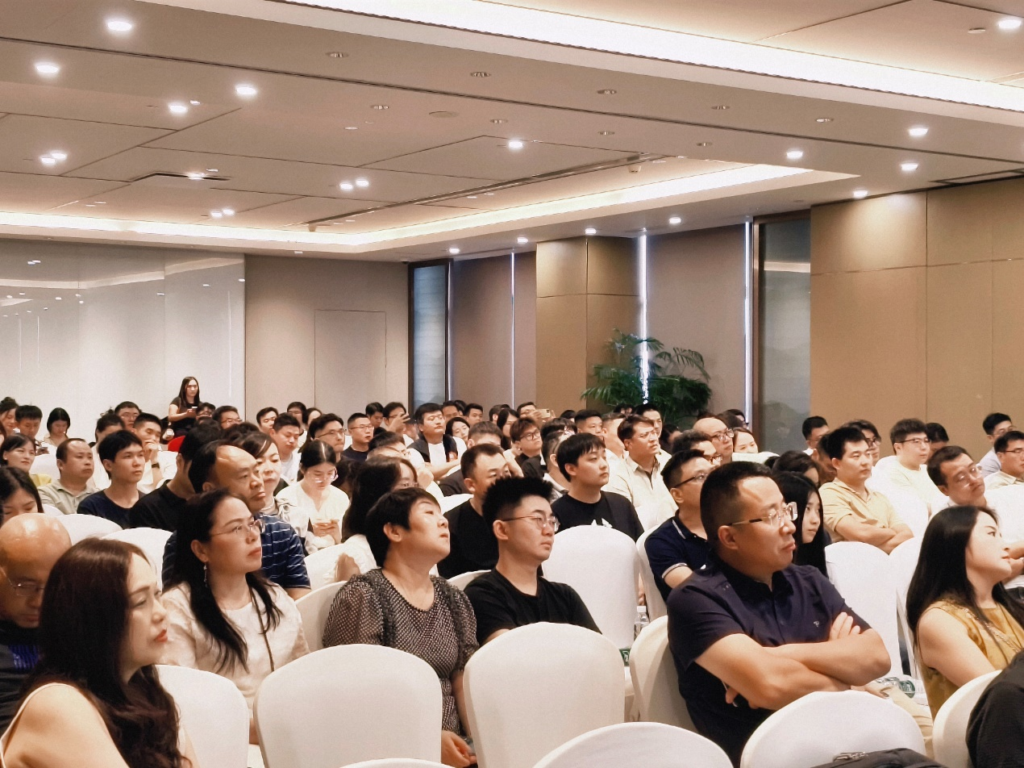
The intensifying competition in the foreign trade market, coupled with the wave of AI technological innovation and regional market disparities worldwide, has left many enterprises grappling with core dilemmas: “Can those unfamiliar with foreign trade enter the market?”, “How can traditional models be transformed?”, and “How can new technologies be implemented?” This summit precisely targets these pain points. Chairman Yang Yuanjia centered his presentation on “Building Foreign Trade Competitiveness from Scratch,” drawing on SEPPES Door Industry’s decade-plus of hands-on experience in the door manufacturing sector. He transformed complex foreign trade logic into actionable strategies, clearing the fog of transformation for attending entrepreneurs.
“Many business owners believe that ‘without expertise in foreign trade or e-commerce, you can’t succeed in international business.’ However, precise demand insights and actionable execution strategies are more crucial than ‘technical know-how.’” Chairman Yang Yuanjia began his presentation by dispelling the “capability anxiety” common among foreign trade practitioners. Using SEPPES Door Industry’s own journey from domestic to international trade as a case study, he meticulously broke down key steps such as “how to test overseas markets with minimal investment” and “how to refine products based on customer feedback.” He emphasized that “transformation isn’t about ‘starting from scratch,’ but rather ‘iterating through small-scale trials and rapid adjustments.’”
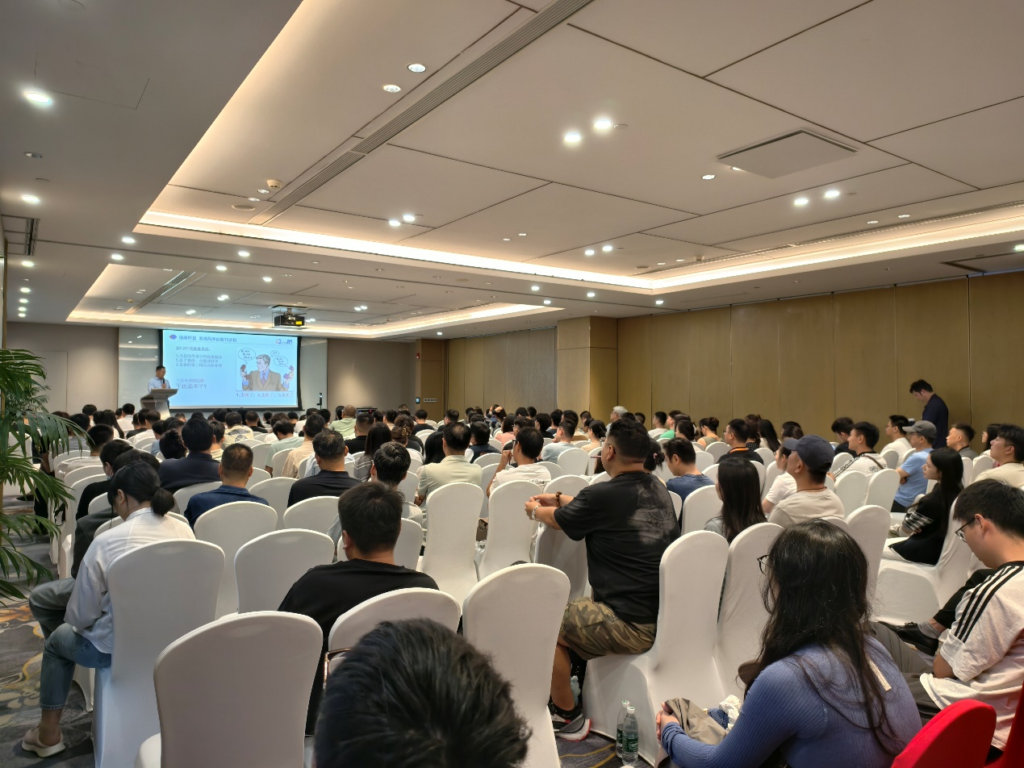
Addressing the widespread concern among entrepreneurs regarding “how AI technology can enhance foreign trade efficiency,” Chairman Yang Yuanjia moved beyond theoretical discussions to present practical solutions tailored to specific scenarios. He highlighted that SEPPES Door Industry has already integrated AI technology into three key processes: customer acquisition, product design, and order tracking. By using AI tools to identify high-intent prospects, the company has boosted sales team follow-up efficiency by 40%. AI modeling rapidly generates product solutions tailored to regional market demands, shortening R&D cycles; AI customer service systems provide real-time responses to overseas inquiries, resolving service delays caused by time zone differences. “AI doesn’t replace people—it frees them to focus on higher-value decision-making, thereby rebuilding a company’s core competitiveness.” His perspective resonated strongly with the attending entrepreneurs.
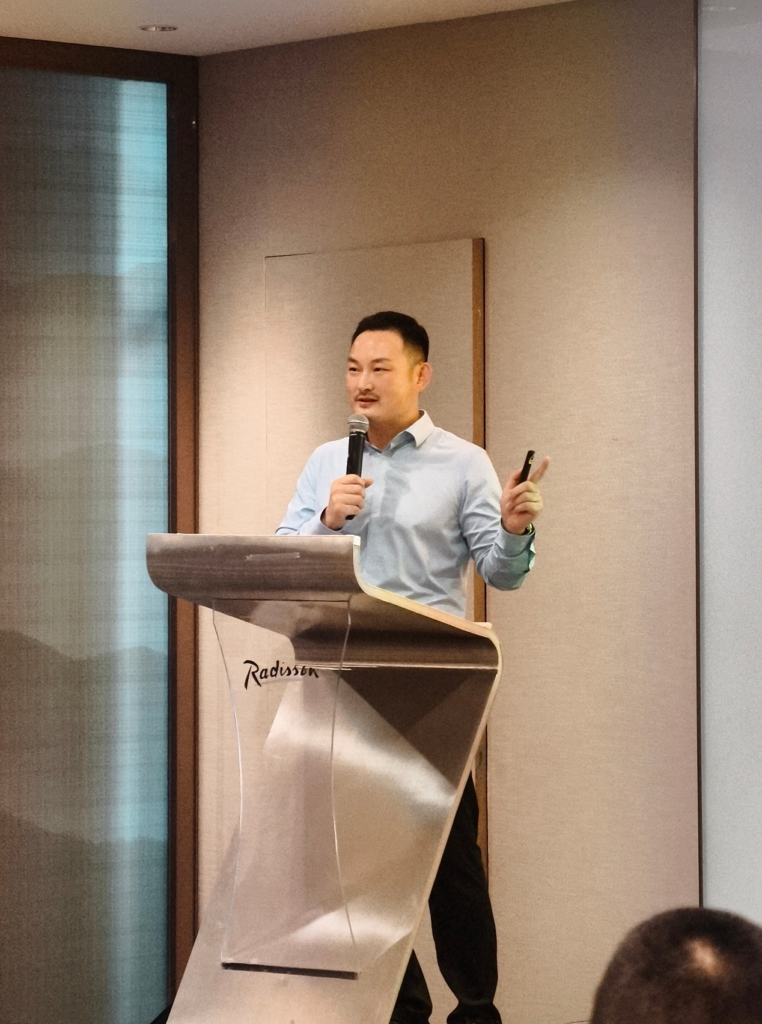
During the global market analysis session, Chairman Yang Yuanjia provided tailored strategic recommendations for five major regions—Europe, the Middle East, Southeast Asia, Africa, and the Americas—based on their distinct market characteristics. The European market prioritizes product quality and environmental standards, requiring a focus on strengthening product certifications and brand premium positioning. The Middle East market exhibits strong demand for high-end customization, necessitating a concentration on personalized services and supply chain responsiveness. Southeast Asia and Africa present significant potential but intense competition, demanding rapid market share capture through high-value-for-money products. The Americas market emphasizes after-sales service, necessitating the preemptive establishment of localized service networks. Each analysis was complemented by actual collaboration cases from SEPPES Door Industry, transforming abstract market data into tangible, relatable insights.
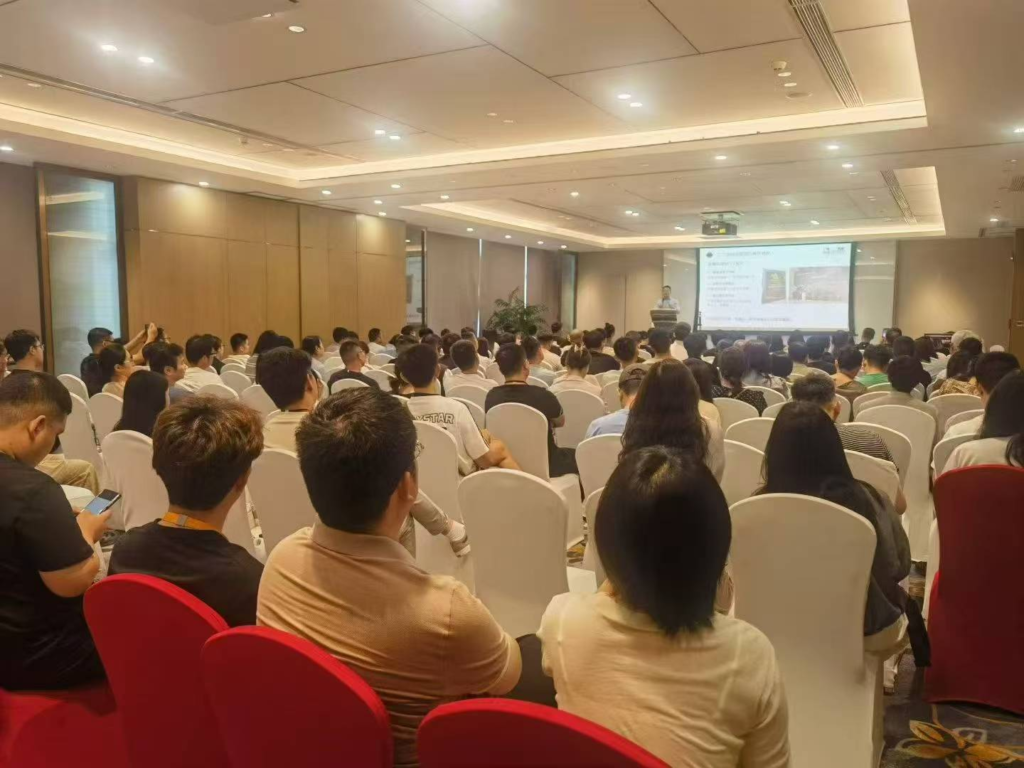
Additionally, Chairman Yang Yuanjia provided practical implementation pathways for specific challenges such as “low-cost transition from domestic trade to foreign trade,” “low-risk shift from traditional foreign trade to online platforms,” and “transition from consumer-facing to business-to-business operations.” He proposed a low-cost launch strategy of “converting domestic trade clients into seed users for foreign trade,” advising traditional foreign trade enterprises to mitigate transition risks through a dual-track model integrating “online exhibitions with offline trade shows.” He emphasized that consumer-facing companies transitioning to business-to-business must focus on two core breakthroughs: “supply chain stability” and “capacity to serve major clients.” His presentation, blending strategic vision with actionable details, was frequently interrupted by applause from the audience.

The successful hosting of this foreign trade summit not only established a platform for exchange and learning among enterprises in the Suzhou region but also transformed “breaking out of the circle for growth” from a slogan into an actionable plan. As a seasoned entrepreneur deeply rooted in the foreign trade sector, Chairman Yang Yuanjia leveraged his personal experience to open new horizons for brand globalization among enterprises. Moving forward, SEPPES Door Industry will continue leveraging its practical expertise in international trade to share overseas expansion resources with more enterprises, empowering Chinese brands to achieve high-quality growth in global markets.

